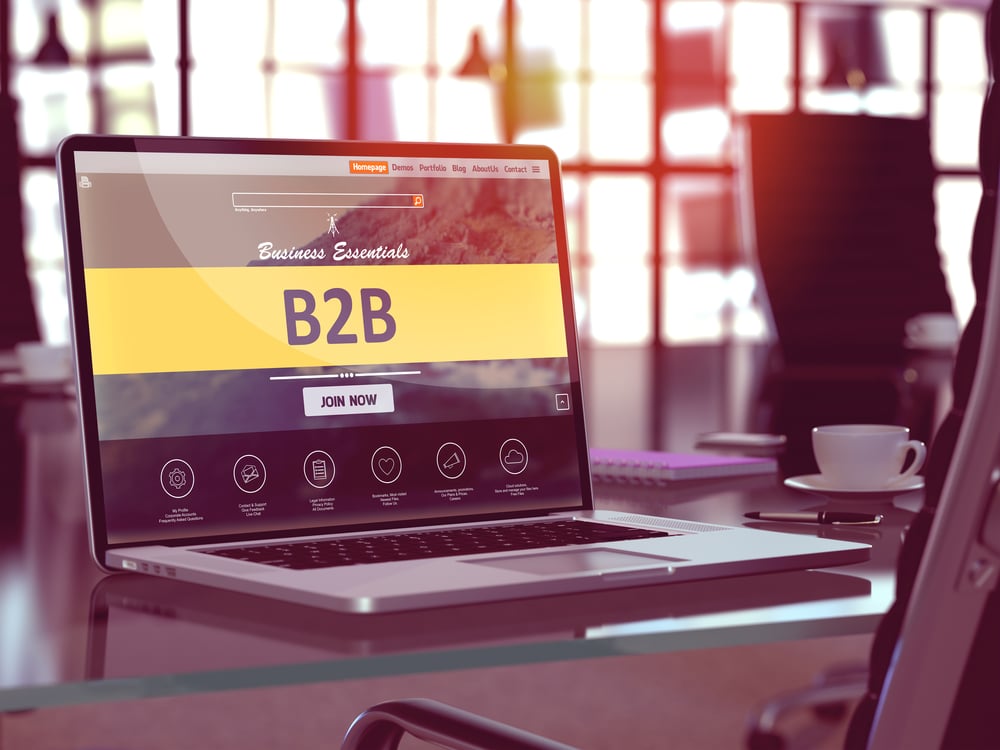Studies show that only 10-15% of B2B leads generate a sale. Manufacturers struggle to generate leads. As lead generation is essential to any business, it is important to have strategies to generate them. Marketing qualified leads are leads that have a high probability of becoming a customer, and marketing qualified leads become sales qualified leads. Categorizing MQL's/SQL's and and knowing the differences between the two will help your business generate leads.
In the perfect scenario, your marketing qualified leads (MQLs) would become sales qualified leads (SQLs). However, many MQLs get lost in the process before transitioning into SQLs. Manufacturers find it difficult to create a smooth transition for every MQL into an SQL.
We will take a look into the key characteristics of MQLs and SQLs and how to categorize your leads to transition them.
Download Now -> Comprehensive Guide to Lead Generation for Manufacturers
Defining MQL
A Marketing Qualified Lead is defined as a customer who is likely to become a customer compared to other leads. An MQL is the target buyer persona that is comparable to your other leads and has the potential for a sale. Qualifications for an MQL may include what web pages they have visited, downloads, and engagement with business content.
Defining SQL
A Sales Qualified Lead is defined as a potential customer who has shown interest in your products and services. The customer does not exist in your current database but has the likelihood of becoming a frequent customer due to the reasons of the products and promotions/deals of what your company offers. This is successfully achieved from the initiation of an effective sales conversation between the sales associate and the potential customer. Being knowledgeable in answering questions regarding merchandise items, prices, and brands and providing information on promotions is crucial. If the potential customer expresses interest, they are shifted into the SQL category.
Key Characteristics/Differences:
To get a better understanding of MQL's and SQL's key differences, we can take a look at the buyer’s journey.
MQL:
-
MQL’s are prospects who have a high likelihood of generating a sale.
-
MQL’s have similar traits as other buyers.
-
MQL’s are near the beginning of the buyer’s journey.
SQL:
-
SQL’s are MQLs who have transitioned/shifted into the SQL category because they have requested further information.
-
SQL’s are typically at the evaluation stage.
-
SQL’s are in the later stages of the buyer's journey.
Marketing Qualified Leads and Sales Qualified Leads are both vital to the buyer’s journey as, without one or the other, the whole system would collapse.

Transitioning MQL into SQL
A MQL's transition to an SQL depends on how well sales teams and marketing teams share data. Sales Qualified Leads begin their buyer journey in your company as Marketing Qualified Leads. The steps to transition these MQL's into SQL’s take time. It is no easy task to transition MQL's into SQL's. Marketing and Sales teams should work together to shift the MQL into an SQL. The marketing team typically has to nurture the lead and allow for the lead to ultimately become interested in the company to shift into an SQL. The sales team has to create the opportunity for the MQL shifting process. To learn more how sales and marketing Alignment can drive more revenue, read our detailed blog.
Both marketing and sales teams should provide accurate information to prospects because if misinformation is communicated, they may switch to another competitor. No one likes being told two different things by the same company! Both teams have to align their goals and share precise information amongst each other which will ultimately help lead generation.
Lead Generation may seem tricky, however, continuous practice and clearly aligning strategies/goals across teams should help.
